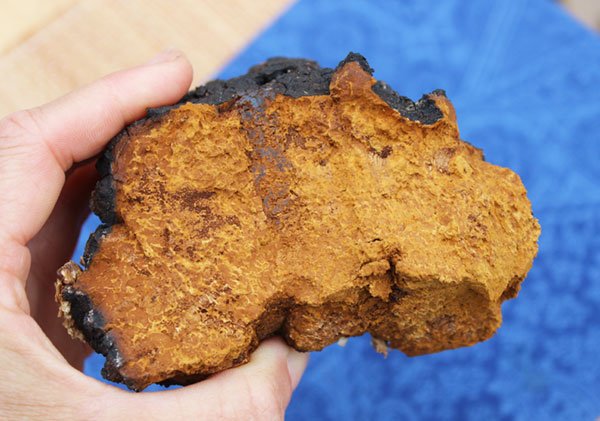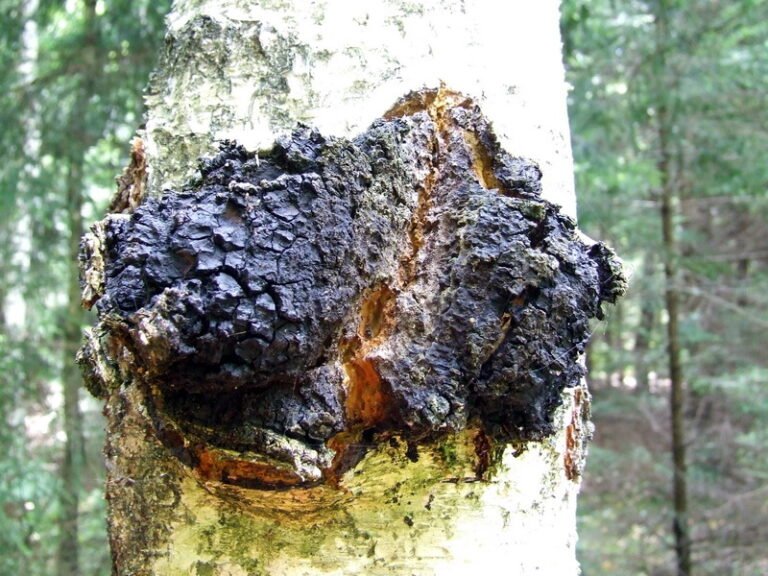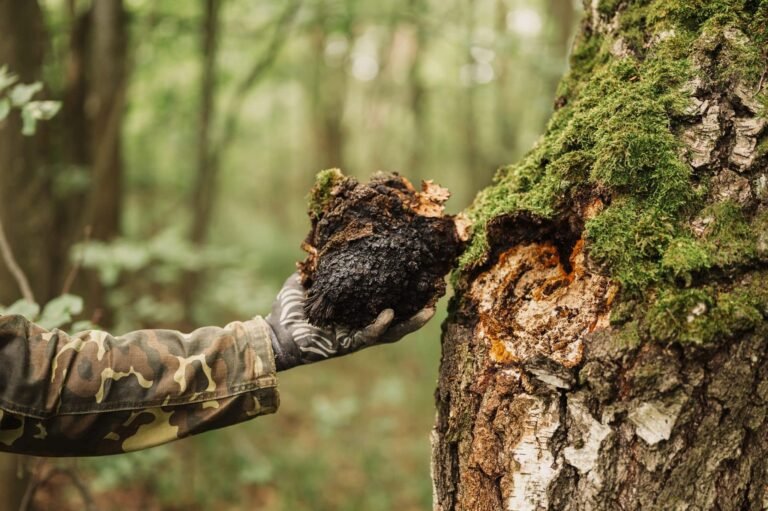For centuries, medicinal mushrooms have been a part of traditional healing systems, especially in East Asian cultures. Modern science is now catching up, with researchers focusing on the anticancer potential of fungal compounds that offer a more targeted, low-toxicity approach compared to conventional chemotherapy. Unlike many first-generation natural drugs, which can harm healthy tissue, compounds found in mushrooms may selectively target cancer cells while sparing the rest of the body.
This review highlights four powerful mushrooms—Fomitopsis pinicola, Hericium erinaceus, Trametes versicolor, and Inonotus obliquus—all widely used in traditional medicine and now under intense scientific investigation. These species contain a wide spectrum of bioactive compounds such as glucans, terpenoids, polyphenols, and proteins that work synergistically to disrupt cancer-specific processes like abnormal cell signaling, angiogenesis, and metastasis. The authors emphasize that these fungi hold promise not just for general cytotoxicity but for modulating pathways specific to tumor growth.
Despite their potential, over 90% of mushroom species remain unstudied for cancer-related properties. The paper calls for deeper, interdisciplinary research into fungal oncology, pointing to the value of full-spectrum mushroom extracts rather than isolated compounds alone. As researchers dig deeper into the “fungotherapy” field, medicinal mushrooms may become an integral part of the next wave of low-toxicity, targeted cancer treatments.




